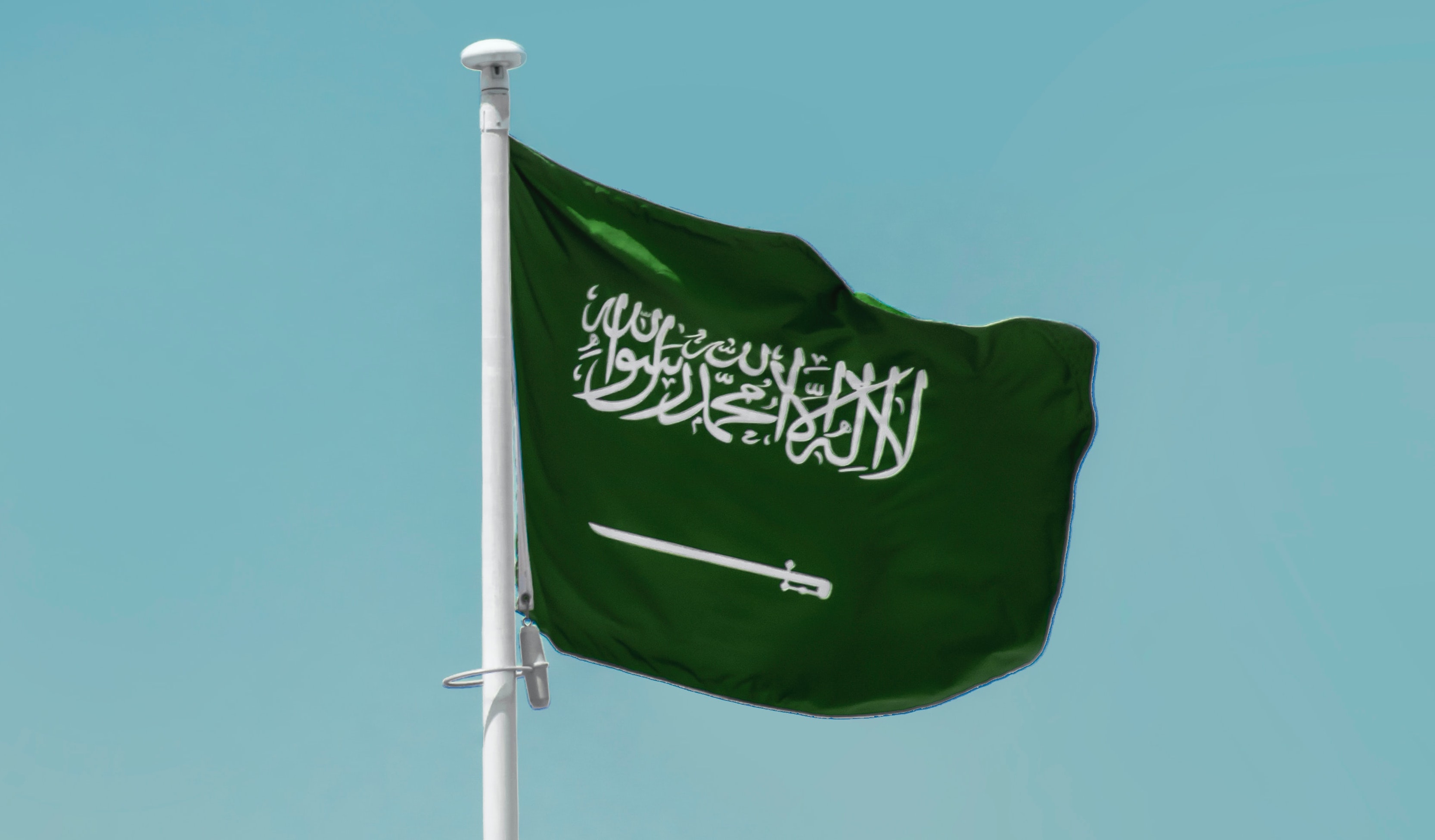Money Talks: Cristiano Ronaldo's Move to Saudi Arabia

Cristiano Ronaldo has nothing left to prove. From individual achievements to titles in England, Spain, Italy and elsewhere, Ronaldo’s accomplishments in European club football have led many to regard him as the greatest soccer player of all time. For this reason, many people defended the 37-year-old’s decision to step away from the highest level of the sport and sign a considerable $200-million-per-year contract with a less competitive league as 2023 began. Ronaldo’s great career on the field speaks for itself, but should sports icons like him be held to an equally great moral standard?
“It’s not the end of my career to come in South Africa,” Ronaldo said in a recent press conference. But the Portuguese star had transferred to Middle Eastern club Al-Nassr, as the “Welcome to Saudi Arabia” tourism logo patterned on the backdrop behind him would suggest, not South Africa. Ronaldo may have forgotten what country he was in, but surely he didn’t forget the $200 million salary that he is reported to be receiving annually over the next two and a half years. A figure like that would be hard for anyone to turn down, but this is about much more than money. By accepting the astronomical sum, Ronaldo is providing much more than just his soccer services. Signing on the dotted line and being paraded before the press means lending his name, fame and approval to the entire Al-Nassr project, and Cristiano Ronaldo is no small name. In the month since his arrival, Al-Nassr’s Instagram following skyrocketed from under one million to over twelve million. But what exactly is the Al-Nassr project? How could a club that many had never heard of come out of nowhere and outbid all of Europe’s biggest teams? The answer may lie in the club’s shady connections to the Saudi Royal Family. Although the exact ownership and cash flow of Al-Nassr remains obscure, many of the people involved with the club share close ties to the House of Saud. One thing is for sure: $200 million doesn’t appear out of thin air.
Here’s Cristiano Ronaldo with Al Nassr shirt after contract signed until June 2025 🚨🇵🇹🇸🇦 #Ronaldo
▫️ Agreement valid for two years and half;
▫️ Total salary will be close to €200m per year, but this includes commercial deal.
It’s the biggest salary ever in football. pic.twitter.com/ZnOg8lY6Wb— Fabrizio Romano (@FabrizioRomano) December 30, 2022
The Saudi Public Investment Fund (PIF) has been known to get involved in soccer in the past, purchasing English team Newcastle United in 2021 and making them the club with the richest ownership in all of world football. As many predicted, the once downtrodden club has been steadily rising ever since and currently sits third in the English Premier League, thanks in large part to a steady influx of cash.
But why is it a problem to associate with Saudi Arabia? We’re talking about a country who only recently granted women the right to drive vehicles, a government who in the last decade has been known to carry out public executions for charges of “sorcery and witchcraft” and a regime who ordered the dismemberment of dissident journalist Jamal Khashoggi in 2018. For these reasons and others, the Saudi Royal Family has built quite the reputation among critics in the West and elsewhere. Many have speculated that Saudi Arabia is attempting to clean up its disastrous image by replacing it with one of sporting excellence, hence the term “sportswashing”. They bring in a player like Cristiano Ronaldo and all of a sudden everyone forgets about the atrocities and human rights abuses.
Although soccer may be the world’s most popular sport, it’s not the only one to be affected by "sportswashing". The game of golf has been reeling recently after a new league emerged to compete with the American-centric status quo. The LIV Golf League was created in 2021 thanks to funding by the Saudi PIF, and has already begun luring American golfers to join with the promise of massive contracts similar to the one Ronaldo signed. One of the biggest names to make the switch was Phil Mickelson, who has been considered among the generation's greatest golfers. In an unpublished interview, Mickelson supposedly said that the Saudi's are "scary motherfuckers to get involved with", citing their problematic human rights record. He later denied making the comments after he accepted $200 million to join the LIV league.
Interesting moment from Phil's LIV presser in Saudi Arabia. Asked about his previous comments about Saudi, he answers:
"So I will reiterate, I never did an interview with Alan Shipnuck." pic.twitter.com/fLIrlkyJe5— Dylan Dethier (@dylan_dethier) October 13, 2022
So should high profile athletes be held responsible for "sportswashing"? Their motives for agreeing to represent Saudi Arabia are clear and they are fundamental imaging tools of a regime. It’s possible to think about this in a multitude of ways. Pointing fingers at foreign countries is easy, but what about the unscrupulous dealing that many American and European club owners find themselves involved in? Do their efforts to build successful franchises constitute "sportswashing" as well? In this case, Cristiano Ronaldo and Phil Mickelson wouldn’t be the only athletes culpable. We can speculate all we want, but most of us will never get the chance to turn down $200 million.





